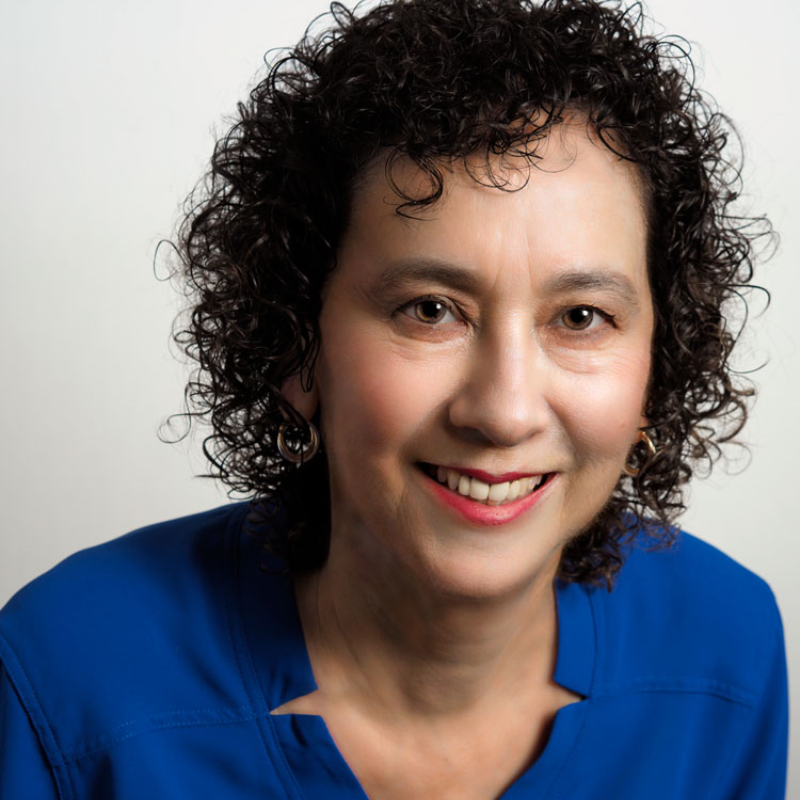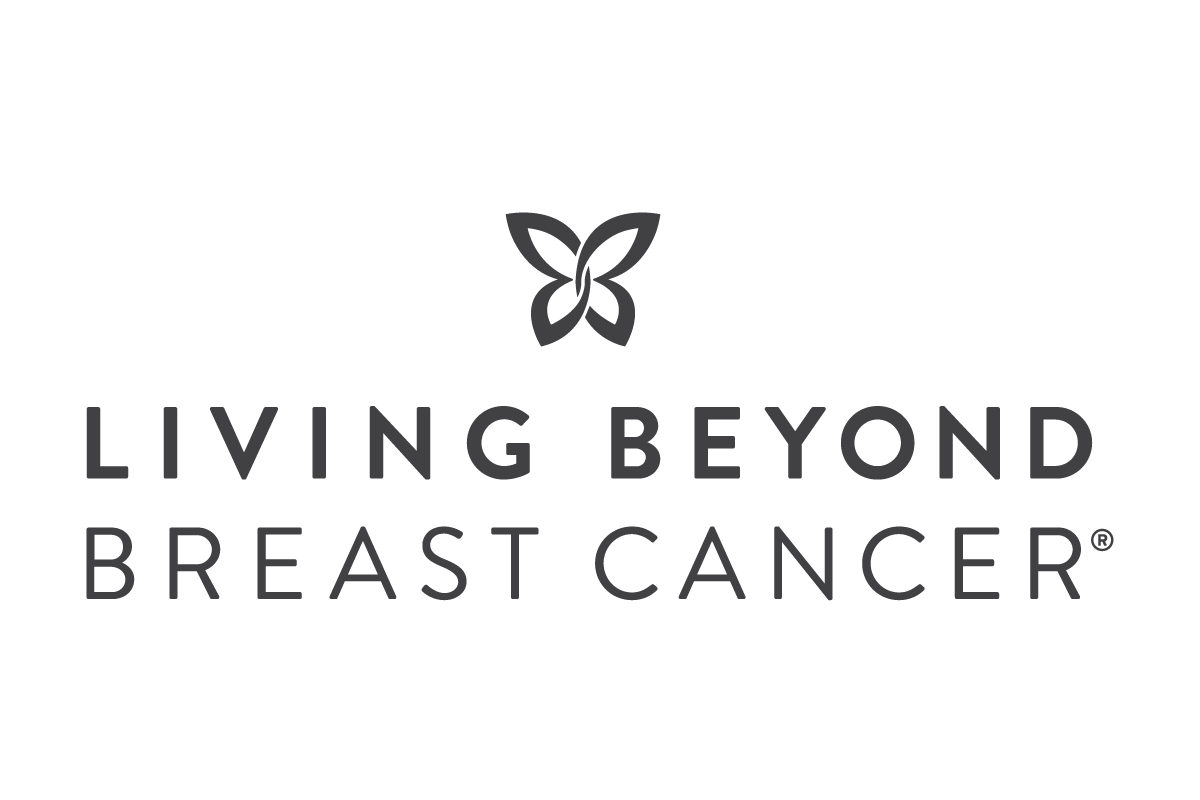A Rare Diagnosis: Alysia Pringle
- 12/19/16

“Very bizarre” is not a phrase you want to read in your pathology report after a mastectomy. But that’s what Alysia Pringle, of St. Petersburg, Florida, saw written about tumor cells removed during her surgery.
The pathology report described breast cancer cells with “unusual features.” It showed that Alysia had metaplastic carcinoma, a rare type of breast cancer found in less than 1 percent of all diagnoses that is often triple-negative and quick to grow. Alysia’s test results showed that like many metaplastic breast cancers, this one was triple-negative. It had not yet traveled to her lymph nodes.
Uncertainty
Alysia first felt a lump in her breast two days after she turned 40, when her 6-year-old daughter rolled against her. Tests showed she had early-stage breast cancer. Her oncologist recommended lumpectomy, which would remove the tumor and some surrounding tissue. She would then have radiation therapy.
But Alysia worried about the cancer coming back. Her surgeon said she had a choice: she could have the lumpectomy, or she could have mastectomy, surgery to remove the whole breast instead of only part.
She felt a little lost about what to do. “All this was new to me,” Alysia says. She decided to have both breasts removed. But she also felt that her oncologist was not happy she chose to have a double mastectomy.
When her pathology report showed the cancer was metaplastic, things felt even more uncertain.
“My oncologist had no clue what metaplastic carcinoma was,” she says. “Even my surgeon said, ‘I’ve never seen this before,’ and he’s been doing this a long time.”
Finding Help
After reading her pathology report, Alysia was certain of one thing. “I had to find a doctor who knew about metaplastic carcinoma,” she says.
She turned to online physician ratings and searched for an oncologist who knew more about metaplastic breast cancer. She found someone whose patients had posted lots of praise about him and the cancer center where he worked.
She was the third person with metaplastic carcinoma her doctor had treated in his 30 years of experience. He told her the disease acts differently than the more common types of breast cancer. Not much is known about metaplastic carcinoma or the best treatments for it, in part because so few people are diagnosed with it.
The doctor answered her questions and drew diagrams to help her understand information. He assured Alysia that her choice to have a double mastectomy was fine and explained how chemotherapy would work.
“He was more conversational [than the first oncologist] and broke it down in laymen’s terms,” she says. After seeing him, she adds, “I felt a lot better.”
Personal Challenges
Dealing with medical issues wasn’t new to Alysia. Before her breast cancer diagnosis, she had been diagnosed with lupus, a condition in which the immune system has flaws in how it works, leading to inflammation throughout the body. She was also diagnosed with fibromyalgia, a chronic pain disorder.
Breast cancer added to the challenges of living with these conditions. Then, treatment made it hard for her to work full-time as a teacher. She was hospitalized several times when her white blood cell count was too high, a side effect of treatment.
“Sometimes, I would sit in the elevator [at work] and cry. It was a really hard struggle,” Alysia says. Finally, she went on short-term disability leave.
Her oldest daughter, 22 when Alysia was diagnosed, switched to a local college to help care for Alysia and her 6-year-old sibling. “It wasn’t even a second thought on her part,” Alysia says proudly.
A few months after chemotherapy treatment ended, Alysia lost some of her hearing and had piercing ear pain. A CT scan showed fluid was leaking through holes in the bone between her ear and brain. She needed surgery to treat the problem.
Four years later, she still has memory problems and trouble finding the right words. “I don’t know if that’s from chemobrain” or the surgery to stop the fluid leak, she says.
Finding Purpose
Despite the challenges of having a rare form of breast cancer, Alysia wanted to connect with others like her. This desire led her to become a breast cancer advocate.
She began speaking about breast cancer to a local girls’ group and at a cancer retreat. Then, she became an LBBC Young Advocate and attended Breast Cancer Today: Individual Treatments, Shared Experiences, LBBC’s 2015 annual conference, held in Denver that year.
“That opened a lot of doors for me and helped me come out of my shell,” she says. “It was so genuine and helped me understand I’m not alone.”
In 2016, Alysia volunteered as a counselor at a camp for teens with cancer run by Faces of Courage, an organization based in Tampa, Florida.
Now 44, she works as a substitute teacher so she can set her schedule based on how she feels. She still has questions about metaplastic carcinoma and sees her oncologist every 6 months. “Everything has been looking great,” she says.
This article was supported by the Grant or Cooperative Agreement Number 1 U58 DP005403, funded by the Centers for Disease Control and Prevention. Its contents are solely the responsibility of the authors and do not necessarily represent the official views of the Centers for Disease Control and Prevention or the Department of Health and Human Services.


